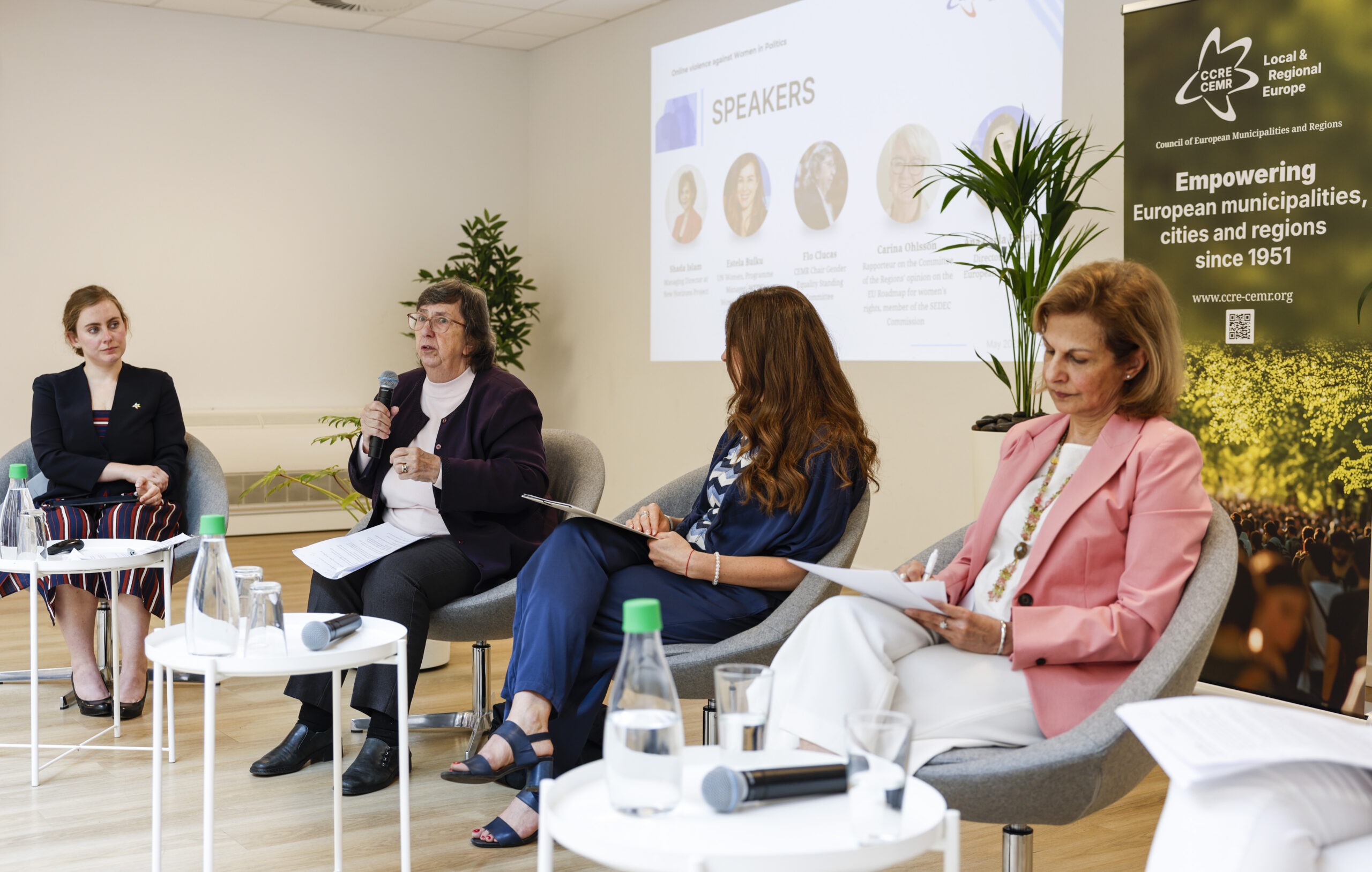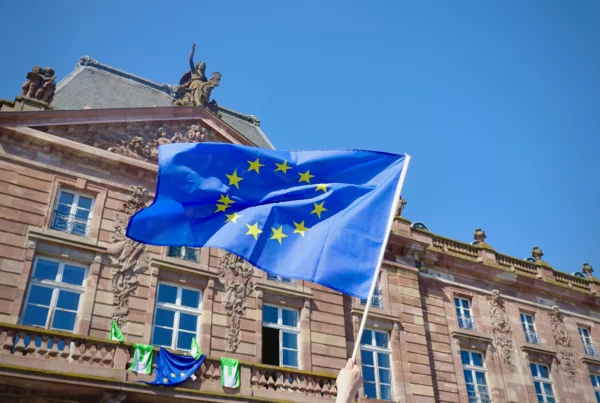CEMR study reveals persistent underrepresentation of women in politics and calls for stronger action at local and European levels
Gender equality is a cornerstone of democracy, yet women remain significantly underrepresented in politics across Europe. According to CEMR’s study Women in Politics: Local and European Trends, women account for only 34.1% of political decision-makers, despite representing half of the population.
At the local level, the situation is particularly concerning: only 15.4% of mayors are women, while women councillors make up just under 30% of local councils. Although there has been gradual progress over the last decade, the pace is slow, and parity remains a distant goal.
The report highlights important regional variations. Nordic countries lead the way, thanks to decades of policies fostering a genuine culture of equality. In Central and Eastern Europe, positive trends are visible, especially in the Balkans, where reforms and EU accession processes have strengthened gender mainstreaming. Yet, in much of Europe, women still face structural, cultural, and financial barriers to political participation.
CEMR stresses that achieving gender equality requires more than political rhetoric. Quotas and legal measures have proven effective in boosting women’s representation, but they must be accompanied by mentoring, training, and dedicated funding to empower women candidates and dismantle persistent stereotypes.
As the level of government closest to citizens, municipalities and regions are pivotal in fostering inclusive leadership. Local office often serves as the first step towards regional, national, or even European roles. Supporting women at this level is therefore essential for building stronger, more representative democracies.
CEMR, through its European Charter for Equality of Women and Men in Local Life and the Equality Observatory, continues to mobilise local and regional governments, promote good practices, and push for equality to remain at the heart of the EU’s political agenda.
The study’s message is clear: while progress has been made, gender parity in politics is far from achieved. Europe must act now, through quotas, support structures, and political will, to ensure that women and men share power equally at every level of governance.
For more information, contact:

Director – Policy & Impact






